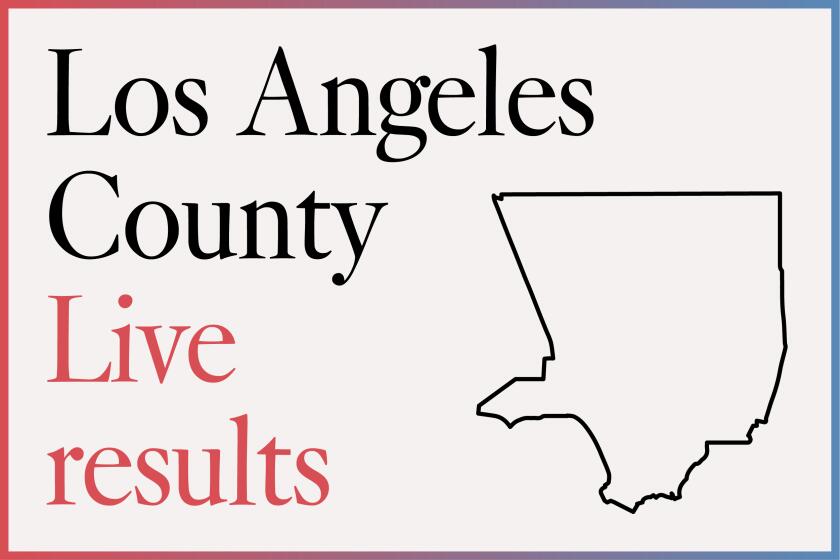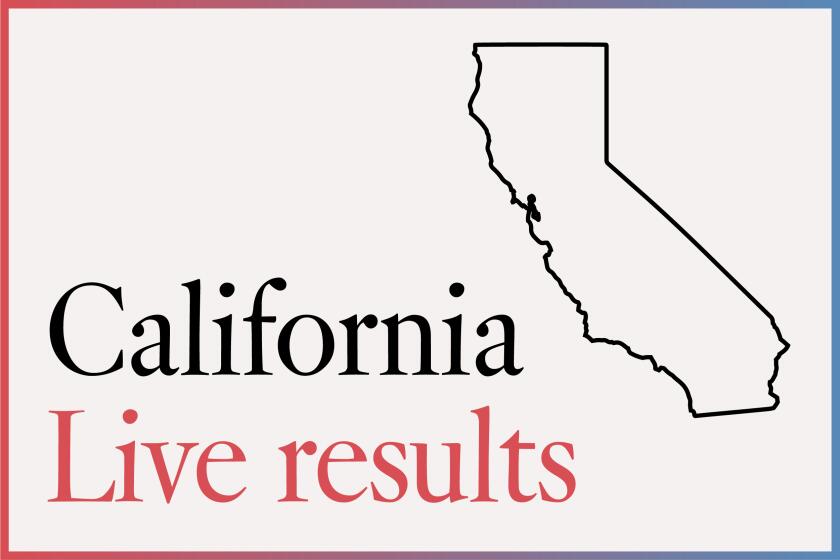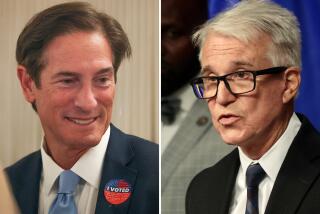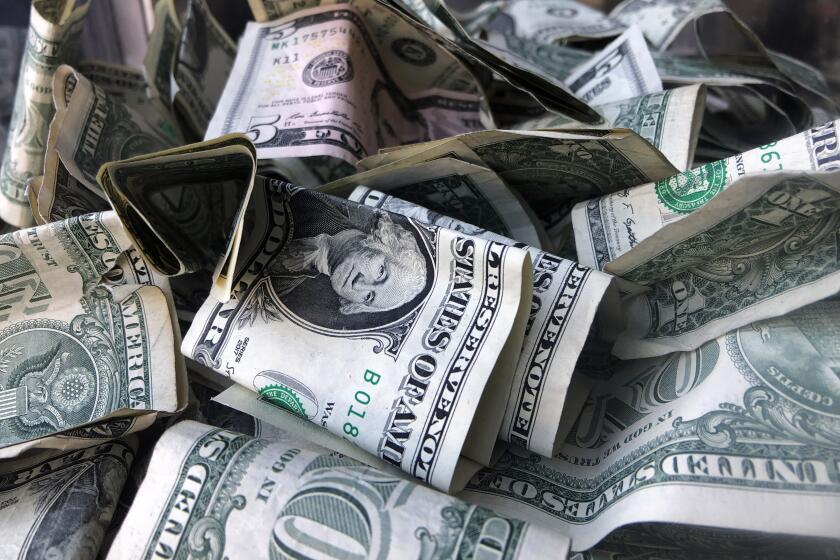From George Gascón to jail diversion, criminal justice reform got a big boost in California
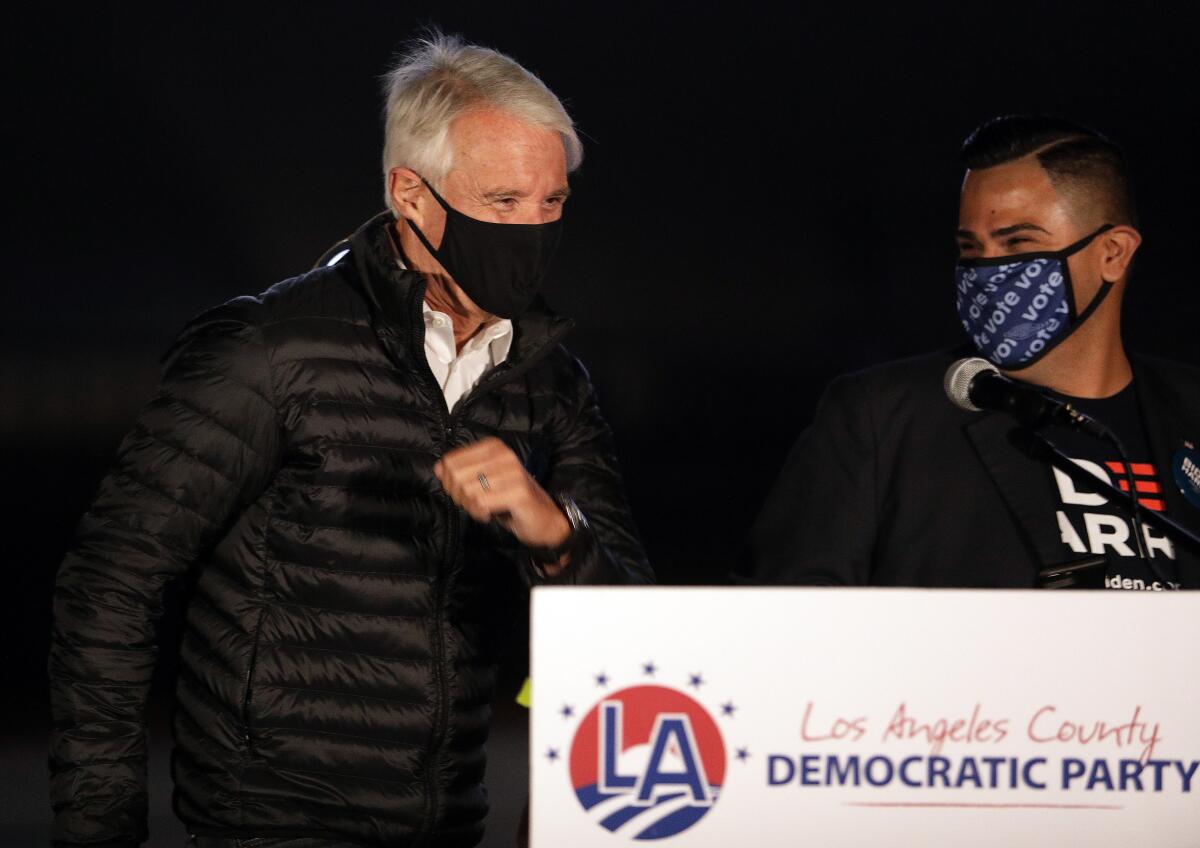
The racial reckoning in America this summer brought protests to the streets of California and a major push for criminal justice reform.
In the California Legislature, many of the proposals fell flat amid opposition from police unions. Among those that died: proposals to give citizens access to more police personnel records and curtail the use of tear gas and rubber bullets at protests.
But voters on Tuesday gave a big boost the criminal justice reform movement, with some key measures ahead. Perhaps the biggest was the strong showing of George Gascón for Los Angeles County’s top prosecutor. But candidates for L.A. County supervisor (Holly J. Mitchell) and L.A. City Council (Nithya Raman) who pushed for aggressive reform also are ahead.
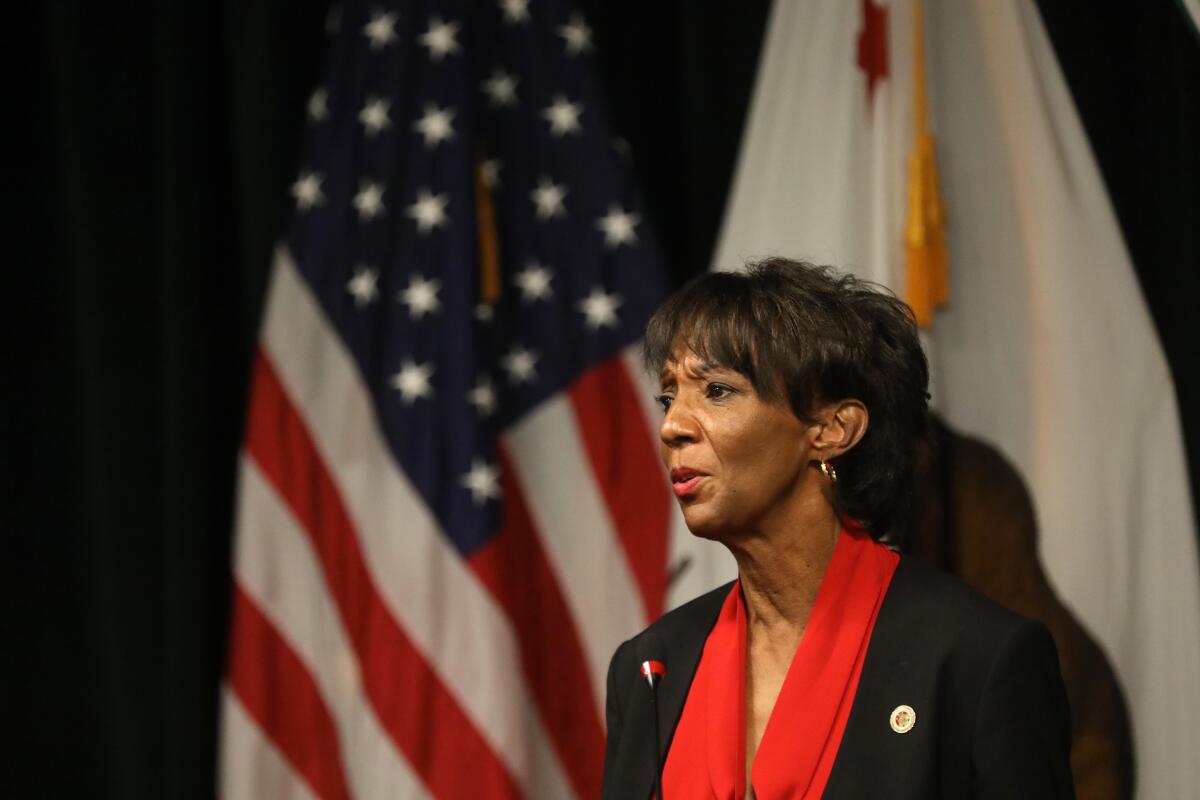
Votes are still being counted, but here is what we know:
Los Angeles County district attorney
In one of the most closely watched local races in the nation, George Gascón leads Jackie Lacey for Los Angeles County district attorney, a contest that centered on criminal justice reform.
Gascón, 66, who served as San Francisco’s top prosecutor from 2011 to 2019, represents a wave of progressive prosecutors focused on reducing the criminal justice system’s footprint while maintaining public safety. The movement has achieved election victories in Chicago, Philadelphia and St. Louis in recent years, and a public defender was elected to replace Gascón last year in San Francisco.
A career prosecutor, Lacey, 63, showed some deference to the reform movement earlier this year when she moved to vacate tens of thousands of marijuana convictions and expressed an openness to letting outside agencies, such as the California attorney general’s office, review controversial officer-involved shootings.
But of the two, Lacey, the first woman and first African American to head the district attorney’s office, is considered the more traditional tough-on-crime prosecutor and has remained a favorite of law enforcement.
Protests over the deaths of George Floyd in Minneapolis and Breonna Taylor in Louisville, Ky., appeared to be a factor in the race, after sparking massive protests against police brutality in Los Angeles and across the U.S. Lacey has often faced criticism for declining to charge Los Angeles police officers and sheriff’s deputies in a number of shootings of unarmed men during her eight years in office.
Lacey collected roughly $7 million in her reelection bid, much of it coming in a flood of law enforcement union contributions from organizations representing rank-and-file L.A. police officers and county sheriff’s deputies.
Gascón’s coffers surged above $12 million by the end of the race, with much of his funding coming from Bay Area mega-donors who have backed reforms such as Proposition 47, which reclassified some nonviolent offenses from felonies to misdemeanors, and measures to abolish the death penalty. Liberal philanthropist George Soros also gave more than $2 million to Gascón, and the political action committee Color Of Change raised more than $3 million for Gascón in the final two months of the race.
Money for jail diversion
Voters also appeared to back a ballot measure that would divert more Los Angeles County funds to social services and jail diversion programs,.
Measure J would require that 10% of locally generated, unrestricted county money — estimated between $360 million and $900 million — be spent on a variety of social services, including housing, mental health treatment and investments in communities disproportionally harmed by racism. The county would be prohibited from using the money on prisons, jails or law enforcement agencies.
The measure was placed on the ballot by the L.A. County Board of Supervisors amid growing calls for criminal justice reforms after a spate of local police shootings and thedeath of Floyd.
While Measure J doesn’t call directly for police budget cuts, opponents say that money would inevitably be slashed from law enforcement.
Voting
Californians who were convicted of felonies but who are on parole will be allowed to vote in elections under a ballot measure, Proposition 17, which appeared to be winning easily.
The measure restores the vote to some 50,000 parolees by changing the state Constitution, which disqualifies people with felony convictions from voting until their incarceration and parole are completed.
Cash bail
It was not all good news from criminal justice reform advocates on election day.
A ballot measure that would abolish California’s cash bail system was trailing early Wednesday. Proposition 25 would replace the use of money bail as a condition for getting out of jail while awaiting trial with a system allowing release by judges based on a determination of public safety or a defendant’s flight risk.
The bail industry put up more than $10 million for the campaign to defeat Proposition 25, while supporters raised $13.4 million, including $6 million from Steve Ballmer, the former Microsoft chief executive who owns the Los Angeles Clippers, and his wife, Connie.
Those wanting to eliminate the payment of money as a condition of release say it unfairly results in low-income defendants remaining in jail awaiting trial, even though they have not been convicted of a crime, while defendants with money are released.
Compiled from reports by James Queally, Patrick McGreevy and Jaclyn Cosgrove.
More to Read
Sign up for Essential California
The most important California stories and recommendations in your inbox every morning.
You may occasionally receive promotional content from the Los Angeles Times.
